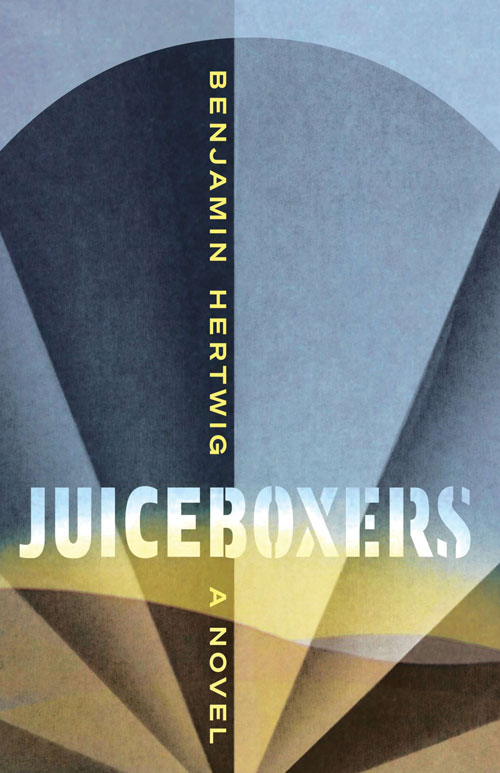Juiceboxers is Benjamin Hertwig’s first novel—and you’d never guess. Upon reading, you might think it was his tenth. It’s confident, intelligent and extremely well written—and it’s the first Canadian novel to come out of Canada’s military involvement in Afghanistan.
Following the 9/11 attack on the World Trade Center in New York City, Canada joined the international military campaign against Afghanistan’s Taliban government, which was believed to be supporting, and possibly harbouring, the terrorist group Al-Qaeda. Canada’s military involvement after 2005 was concentrated in the dangerous Kandahar region of Afghanistan, where 2,300 Canadian soldiers were deployed.
Juiceboxers is the story of four Edmonton teenagers who join the military and go on to serve in Kandahar. They meet as army cadets in Edmonton and do their basic training together in Wainwright. The main character, Plinko, gets his nickname from a video game, but once he’s known as that, the nickname sticks and won’t come off. But what the heck, even a dumb nickname is a sign of being known and perhaps accepted.
While in training, Plinko and his friends Abdi and Walsh are asked by another army trainee, Krug, if they want to rent rooms in Krug’s house. It seems like a good idea, even though they are leery of him. Krug is, to say the least, crude. He’s foul-mouthed, porn-addicted and violent. He’s in their face at all times—the kind of guy who drops and does push-ups just for that bit of tough-guy edge. Krug calls his place “The House of Guns,” and has the hardware to back it up. He seems so theatrically evil that his three roomies assume it can’t be real.
The young men’s reasons for wanting to be soldiers are not deep, nor is it a big topic among them. Krug feels he was born for it. Plinko thinks it would be cool. Abdi, whose parents are from Somalia, is looking for inclusion—and so is Walsh, for reasons the novel will reveal.
Krug calls the other three “queers” because they aren’t tough like him. He makes fun of Abdi’s being brown. Plinko really likes Abdi and Walsh and envies the closeness of their friendship. He also envies them their close and supportive families, who are pleasant with Plinko in ways his own family isn’t.
And then the four are in Kandahar, where the rubber of playing soldiers hits the road of a dangerous war.
Benjamin Hertwig is from Edmonton and he served in the Canadian armed forces in Kandahar. Prior to this novel he wrote a book of poetry titled Slow War, also rooted in his military experience. Slow War was shortlisted for a Governor General’s Award and won the Writers’ Guild of Alberta’s Stephan G. Stephansson Award for Poetry.
Juiceboxers is not just a great first novel, it’s a great any-time-in-your-career novel. I believe it will be recognized as one of Canada’s best novels of war. It has what Norman Mailer’s The Naked and the Dead and Michael Herr’s Vietnam memoir Dispatches had: the boredom and terror of being a soldier in modern, highly mechanized warfare. Both those now-famous books more or less created a style to suit their subject, a way to bring it all uncomfortably close, close enough to feel and smell. Like those works, Hertwig’s novel is skillful, emotional and carries authentic weight. What Juiceboxers brings that goes beyond most other novels or memoirs of war is a heart-rending depiction of PTSD—the afterlife of a soldier. When Plinko gets away from war, his problems don’t go away; they grow.
This is also, importantly, a novel of friendship. Even Krug, who seems mostly brutal and hateful, is revealed as vulnerably human and more tragic than vile in the end. Plinko and the others from the House of Guns don’t see one another much after Kandahar, but, in some other sense, they are stitched together, whether they want to be or not.
Fred Stenson’s many books include the novels Who By Fire, The Trade, Lightning and The Great Karoo.
_______________________________________


